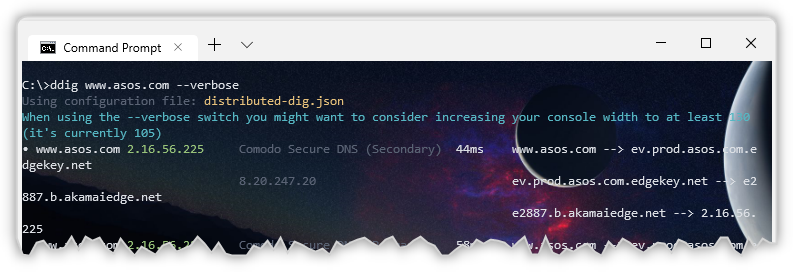distributed-dig
Quick Start
Installation
Install globally:
npm install -g distributed-dig
Usage
Lookup a single domain:
ddig domain
Overview
A utility which makes DNS lookup requests across multiple DNS resolvers and collates the results.
Useful for checking if a DNS record has been fully propagated, or for querying the origins behind an AWS Route 53 / Azure Traffic Manager record (or any other DNS-based load balancing solution).
Installation
Installing globally is recommended:
npm install -g distributed-dig
Usage
ddig domain [domain [domain] ...] [options]
Options
The following options are available:
--port <number> Specify the DNS port [53]
--protocol <upd|tcp> Specify the DNS protocol [udp]
--timeout <number> Specify the DNS timeout in milliseconds [2500]
--edns <true|false> Enable or disable EDNS(0) [false]
--config <filename> Specify an alternative configuration file
--list-resolvers List resolvers configured in config file
--list-options List DNS request options configured in config file
--list-defaults Print json of default config file settings
--verbose Outputs more information
--no-color Switches off colour output
--version Display version number
--help Display this help
port
Specify the TCP/UDP port tro use when connecting to the DNS resolver.
Default: 53
protocol
Specify whether to use UDP or TCP when connecting to the DNS resolver.
Default: udp
timeout
Specifies the timeout in milliseconds to wait for a response from each DNS resolver.
Default: 2500 (2.5 seconds)
edns
Enables EDNS(0)
Default: false (disabled)
With EDNS(0) enabled, if an upstream resolver doesn't support it then the standard DNS will be used as a fallback.
Even though EDNS is support by ~90% of resolvers on the internet 1, it is disabled by default in ddig as it may cause the resolver to return the IP address it considers closest to you, which is counter-productive to the purpose of querying many geographically distributed DNS resolvers.
config
Specifies an alternative configuration file.
To create a custom config you can:
- pipe --list-defaults to a new file:
ddig --list-defaults > custom.json - Edit
custom.json - Use the new configuration file:
ddig --config [path]custom.json example.com
list-resolvers
Lists the resolvers configured in the distributed-dig.json config file:
list-options
Lists the options configured in the distributed-dig.json config file:
list-defaults
Prints out a sample default config file in raw json. Pipe it to a file for an initial customised configuration file.
verbose
Switches on verbose mode which outputs the following additional fields:
- Full recursive answer (i.e. nested
cnamerecords) - Resolver IP Address
- Response time
--verbose also modifies the --list-resolvers and --list-options switches.
no-color
If your terminal has problems rendering the colour output then you can switch it off by using --no-color.
version
Prints out distributed-dig's version number.
help
Displays the help screen:
Examples
Lookup a single domain
- List the IP address returned for
www.asos.comfrom each of the configured resolver:
ddig www.asos.com
Lookup a single domain with verbose enabled
- List the IP address and full recursive path returned for
www.asos.comfrom each of the configured resolver:
ddig www.asos.com --verbose
Lookup multiple domains with an increased timeout
- List the IP addresses returned for both
www.asos.com&secure.asos.comfrom each of the configured resolver with a 5 second timeout:
ddig www.asos.com my.asos.com secure.asos.com --timeout 5000
Features
Lookup a domain from a URL
As of version 1.8.0 you can provide a URL and the domain will be extracted. This is handy when performing a copy/paste from a browser's address bar.
ddig https://example.com
Unique IP Address Identifier
The first occurrence of each unique IP address is marked by a bullet point:
Unicode Support detection for Unique Address Identifier character
The bullet point character used is U+2022 • BULLET (HTML •). If it is detected that the output is being piped (to a file or to more | cat) then the ascii character 42 * Asterisk (HTML *)
Filtering out just unique addresses
As of version 1.7.0 there is an option to provide a --unique switch which lists only the first occurrence of each distinct IP address returned. N.B. It will not filter out errors
Column Width Warning
If you use the --verbose switch and have a terminal window that's narrower than 130 columns you'll see a warning:
Configuration File
All Options and Resolvers are configured in distributed-dig.json file. This file can exist in any of the following locations:
- The current working directory -
node -p process.cwd() - The home directory -
node -p require('os').homedir() - The application's root directory (i.e. the same directory as
distributed-dig.js)
Request Options
The default options are:
"options": {
"request": {
"port": 53,
"type": "udp",
"timeout": 2500,
"try_edns": false,
"cache": false
},
"question": {
"type": "A"
}
}DNS Resolvers
Resolvers are configured in an array with each resolver having a nameServer element which should be the IPv4 or IPv6 address, and a provider element which is just a free-form text label:
"resolvers": [
{
"nameServer": "208.67.222.222",
"provider": "OpenDNS (Primary)"
},
{
"nameServer": "208.67.220.220",
"provider": "OpenDNS (Secondary)"
},
{
"nameServer": "217.199.173.113",
"provider": "United Kingdom"
}
]You can find a list of public DNS servers here and here, and tailor the configured list for your own requirements.
Debugging
distributed-dig uses the npm package debug. If you set the environment variable debug to ddig you'll see full debug output.
Windows
set debug=ddig
Linux
DEBUG=ddig
Powershell
$env:debug="ddig"
FAQ
Where is the Change Log
The CHANGELOG.md can be found here
What terminal are you using
I'm using Microsoft's new tabbed Windows Terminal which has many excellent features, and the ability to configure a background image.







![ddig [domain]](https://marksmurphy.github.io/img/ddig.single.domains.gif)
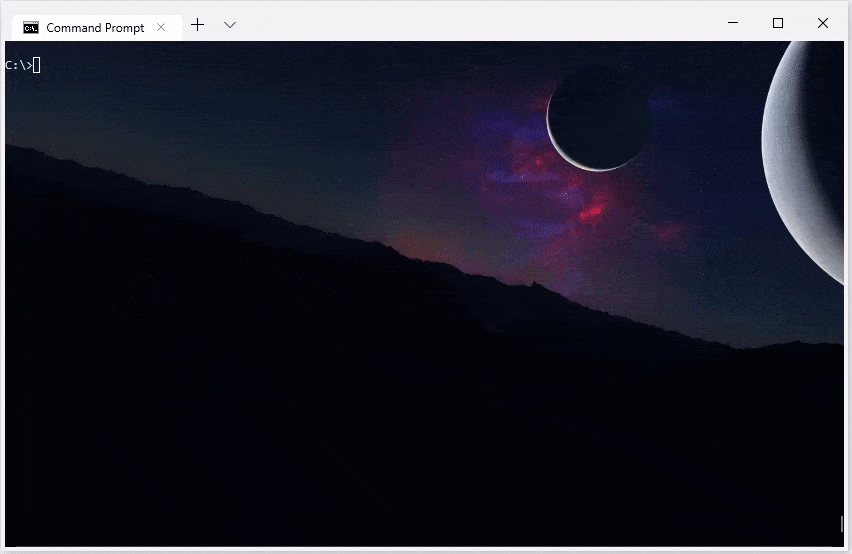
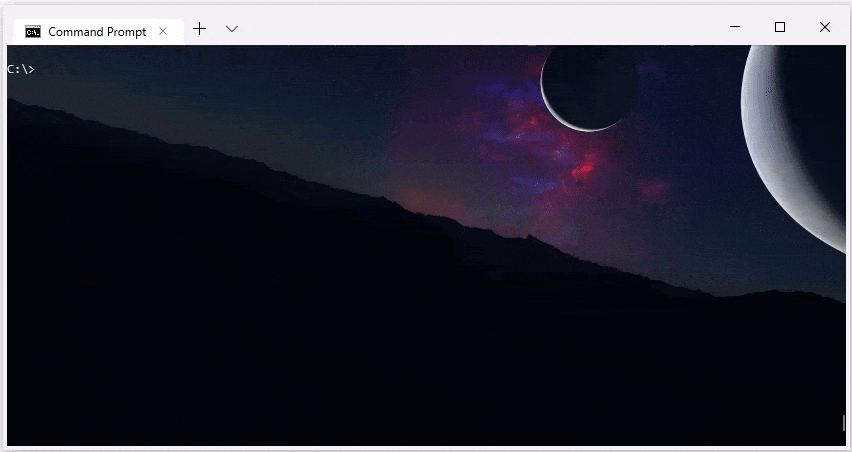
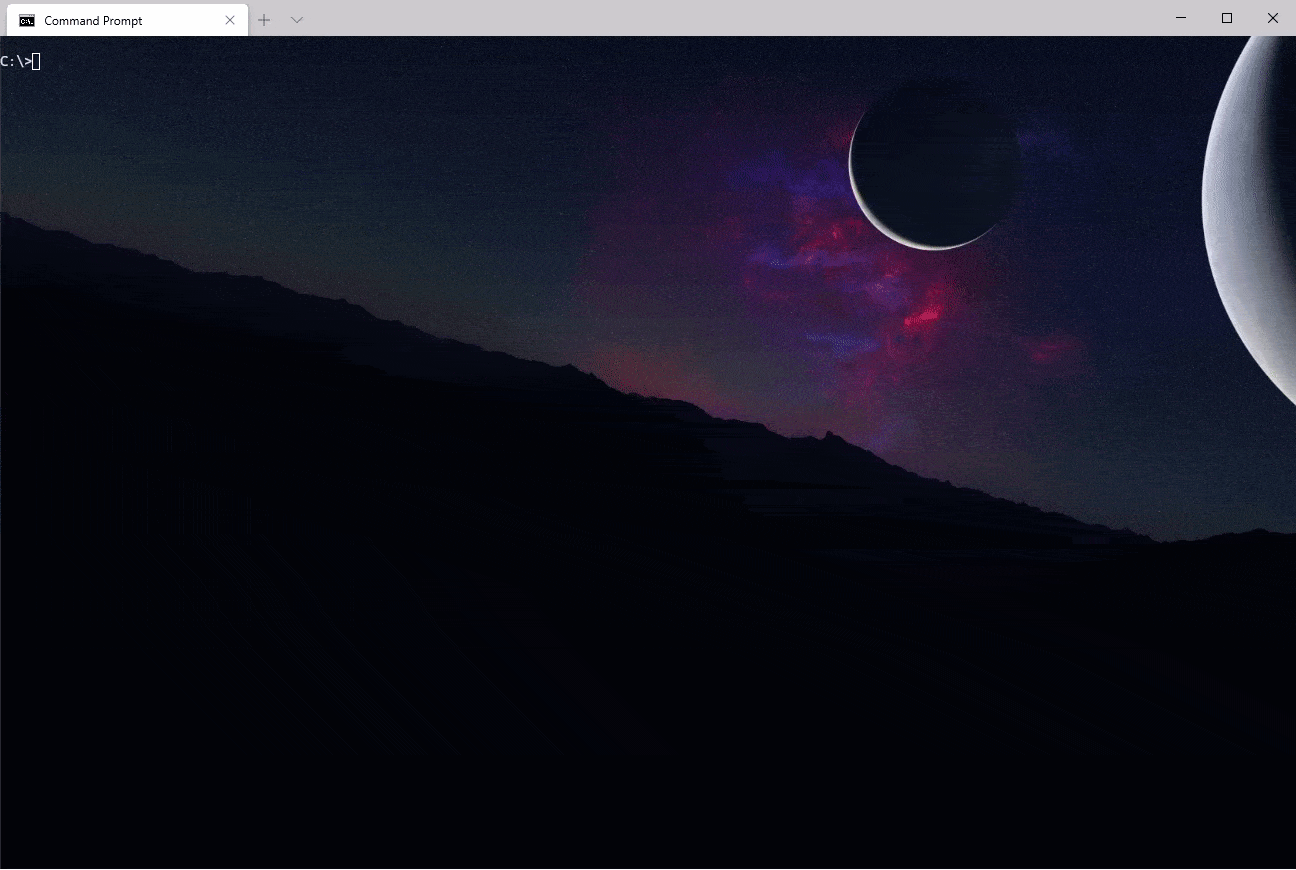
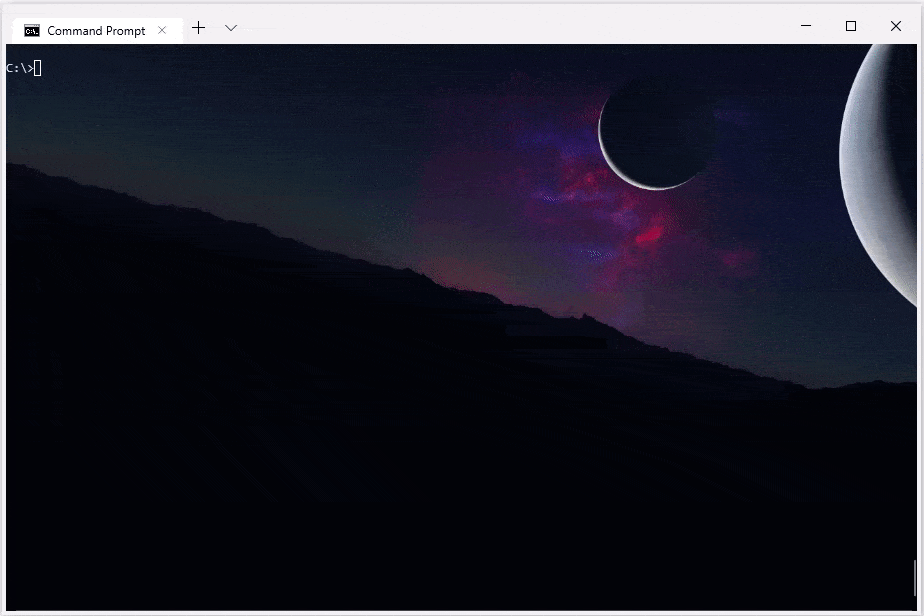
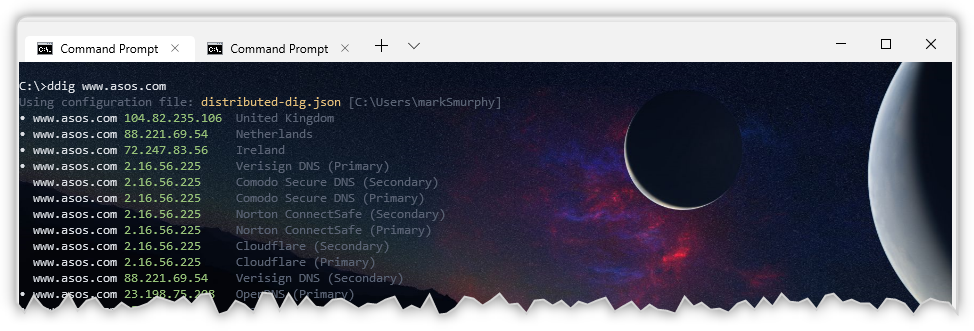
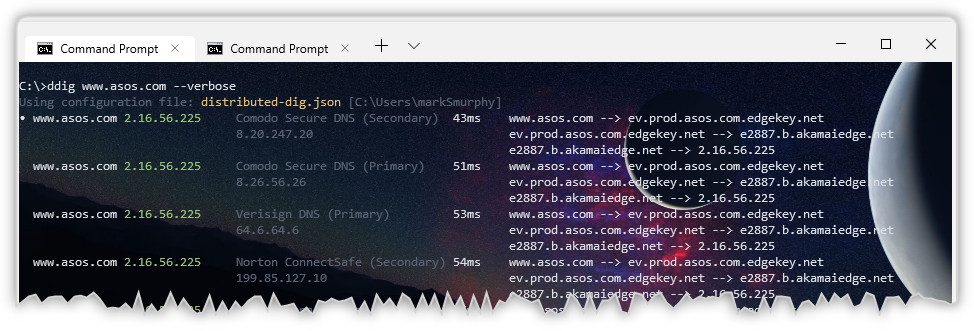
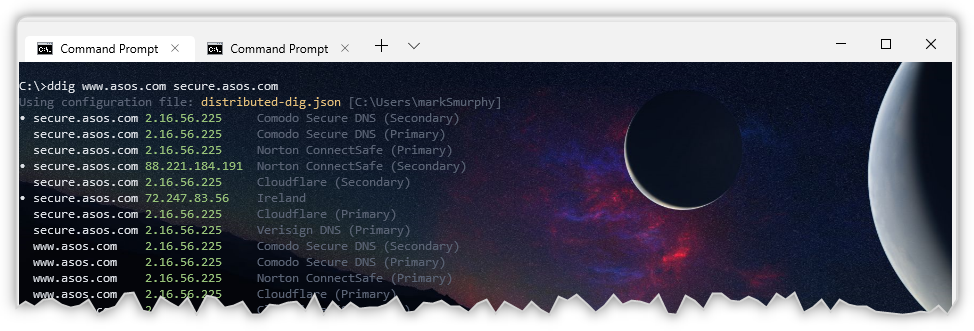
![ddig [URL]](https://marksmurphy.github.io/img/ddig.single.url.gif)
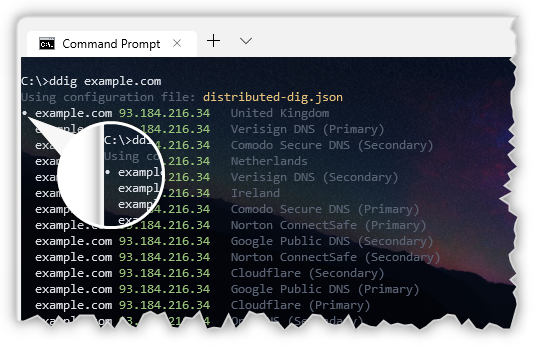
![ddig [domain] --unique](https://marksmurphy.github.io/img/ddig.single.domain.unique.gif)
